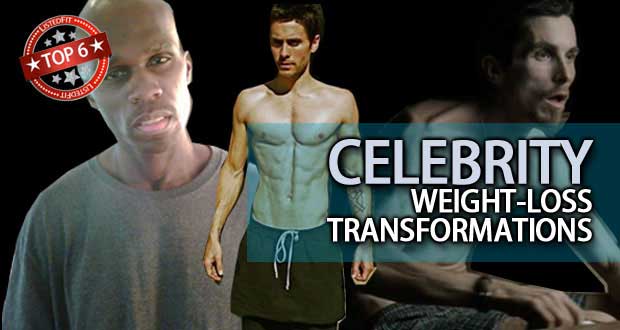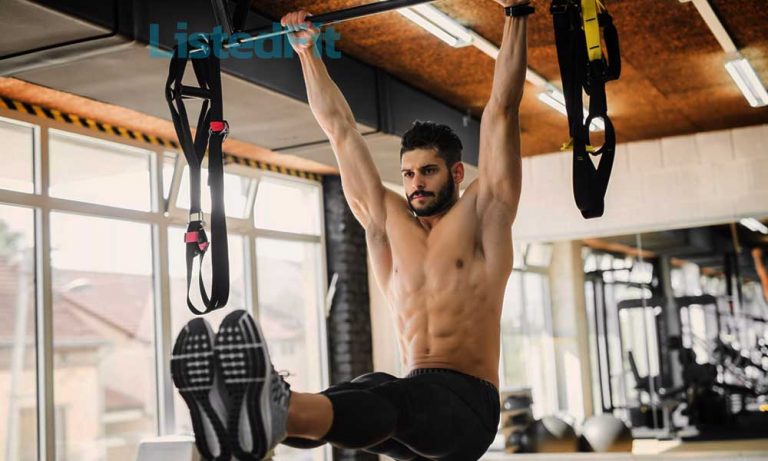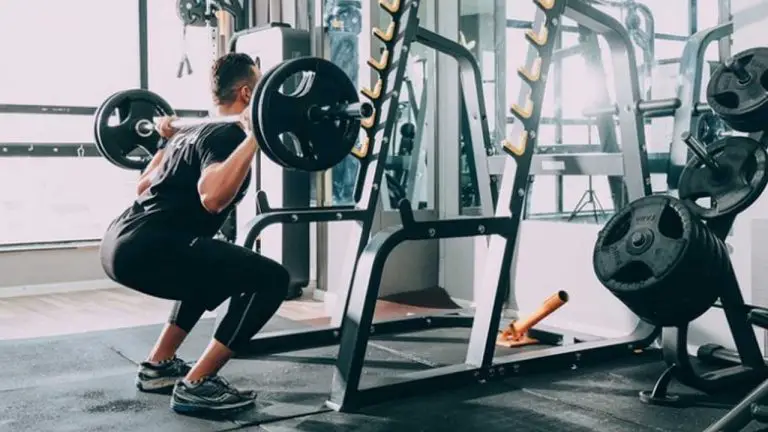The Ultimate Guide to Post-Workout Meals: Maximize Your Gains and Recovery
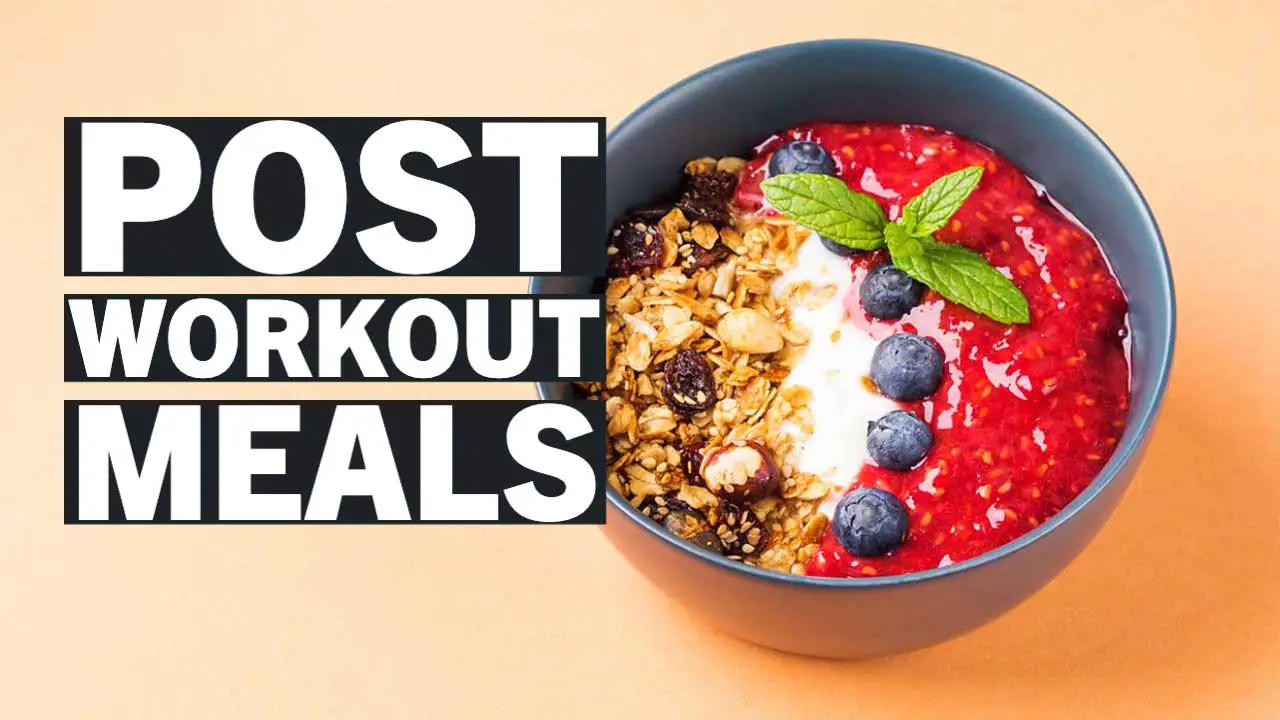
ListedFit is reader-supported. When you buy through links on our site, we may earn a small commission.
Developing the ideal post-workout meal is essential if you want to maximize your gains and ensure that you recover in the best possible way. In this comprehensive guide, we will delve deep into the science behind post-workout nutrition and provide you with actionable tips to help you create the most effective meal for your unique requirements.
Table of Contents
Why Post-Workout Nutrition Matters
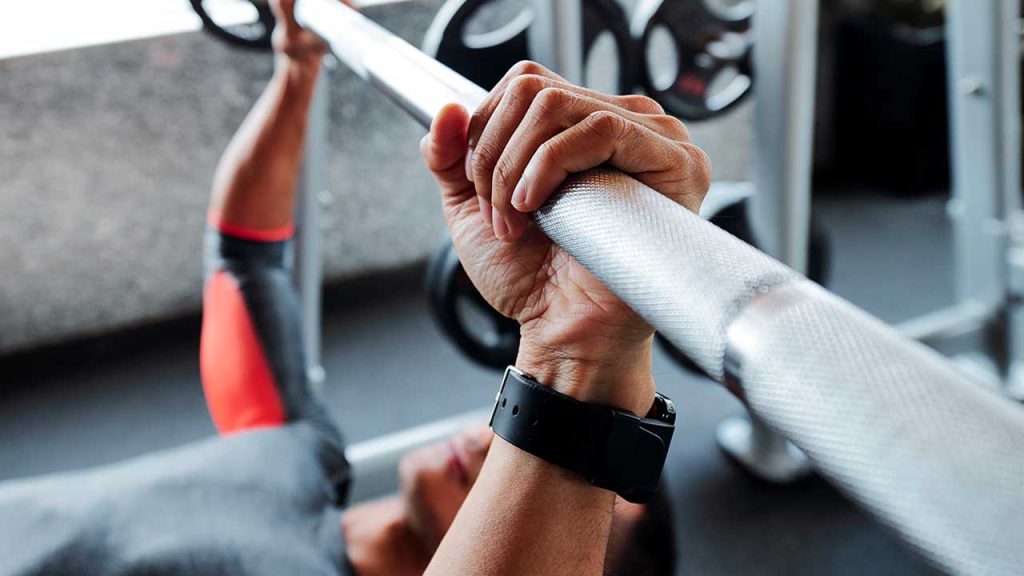
Your muscles are put under strain whenever you exercise, and this causes them to experience microscopic tears.
During the recovery phase, your body will work to repair the tears in your muscle fibers and build new muscle fibers that are stronger.
The requirement of the necessary nutrients to facilitate muscle repair and growth is a crucial part of the process, which is why proper post-workout nutrition plays such an important role.
The Macronutrient Breakdown
A post-workout meal that is effective will contain a combination of proteins, carbohydrates, and fats in the appropriate proportions. In the process of recovery, each macronutrient plays a unique and important role:
Protein
Protein is necessary for the maintenance and development of muscle tissue because it supplies the essential building blocks, or amino acids, that are required for this process. To get the most out of your muscle protein synthesis after a workout, aim for a meal that contains 20-30 grams of high-quality protein.
Carbohydrates
Carbohydrates assist in restocking glycogen stores in the muscles, which may have been depleted due to strenuous physical activity. In order to aid in glycogen resynthesis and improve recovery, eating 30–60 grams of carbohydrates in the meal you eat after working out is recommended.
Fats
Even though they are not as important as proteins and carbohydrates in the window of time immediately following a workout, fats still play a role in the overall recovery process as well as the regulation of hormones. After a workout, eating a meal that contains even a small amount of healthy fats can help you recover more quickly and effectively.
Post-Workout Meal Timing

The time you eat something after a workout is one of the most important factors in determining how well your body will recover. Aim to eat your meal within 30 to 60 minutes of finishing your workout, as this is the window of opportunity during which your body is most receptive to the nutrients necessary for growth and repair.
The Best Post-Workout Foods
Focusing on whole, nutrient-dense foods for your post-workout meal will help you reap the most benefits from the meal. The following are some great choices for each of the macronutrients:
Protein Sources
- Grilled chicken breast
- Lean turkey
- Tofu or tempeh
- Greek yoghurt
- Cottage cheese
- Whey or plant-based protein powder
Carbohydrate Sources
- Sweet potatoes
- Brown rice
- Quinoa
- Whole grain pasta
- Oats
- Fresh fruit, such as bananas or berries
Fat Sources
- Avocado
- Nuts, such as almonds or walnuts
- Seeds, like chia or flaxseed
- Nut butters
- Olive oil
Hydration and Electrolytes
It is essential for optimal recovery to maintain adequate hydration throughout the post-exercise period and to replace lost electrolytes. Within the first half an hour after finishing your workout, you should aim to consume at least 16 to 20 ounces of water, and you should also consider consuming an electrolyte-rich beverage such as coconut water.
Sample Post-Workout Meals
Now that we’ve gone over the fundamental elements of a post-workout meal, let’s take a look at some tasty and simple meal ideas that incorporate the following key macronutrients:
- Protein Smoothie Bowl- Blend your favourite protein powder with a banana, a handful of berries, and some almond milk. Pour the mixture into a bowl and top with chia seeds, sliced almonds, and a drizzle of almond butter.
- Grilled Chicken and Quinoa Salad – Toss cooked quinoa with mixed greens, chopped veggies, and sliced grilled chicken. Drizzle with olive oil and your favourite vinegar for a simple, yet satisfying post-workout meal.
- Greek Yogurt Parfait – Layer Greek yoghurt with fresh fruit, granola, and a spoonful of honey. Top with a sprinkle of nuts or seeds for added healthy fats and crunch.
- Turkey and Avocado Wrap – Spread mashed avocado on a whole grain wrap, then add lean turkey slices, lettuce, tomato, and cucumber. Roll it up and enjoy this protein-packed, easy-to-eat post-workout meal.
- Tofu Stir-Fry – Sauté cubed tofu with your favourite veggies and a drizzle of sesame oil. Serve over brown rice or quinoa for a well-rounded, plant-based post-workout meal.
Tailoring Your Post-Workout Meal to Your Goals
Keep in mind that your post-workout meal should be planned according to your specific dietary needs and the fitness goals you want to achieve.
If your goal is to gain muscle mass, you should think about increasing the amount of protein and carbohydrates you consume.
Maintain the balance of your meal, but cut back a little on the amount of carbohydrates you eat if shedding excess fat is one of your goals.
Wrapping Up
The ideal meal to consume after exercise is one that strikes a balance between the three macronutrients (protein, carbohydrates, and fats) while placing an emphasis on the consumption of whole foods that are rich in nutrients.
You’ll be well on your way to optimizing your recovery and making the most of your time spent working out at the gym if you incorporate these principles and tailor your meal to the specific goals you’ve set for yourself.
Author
- Danny Loeb is a qualified Personal Trainer, Fitness Model and Writer. He enjoys blogging about health and fitness, messing around with Photoshop, and sharing his experiences with everyone.
Latest entries
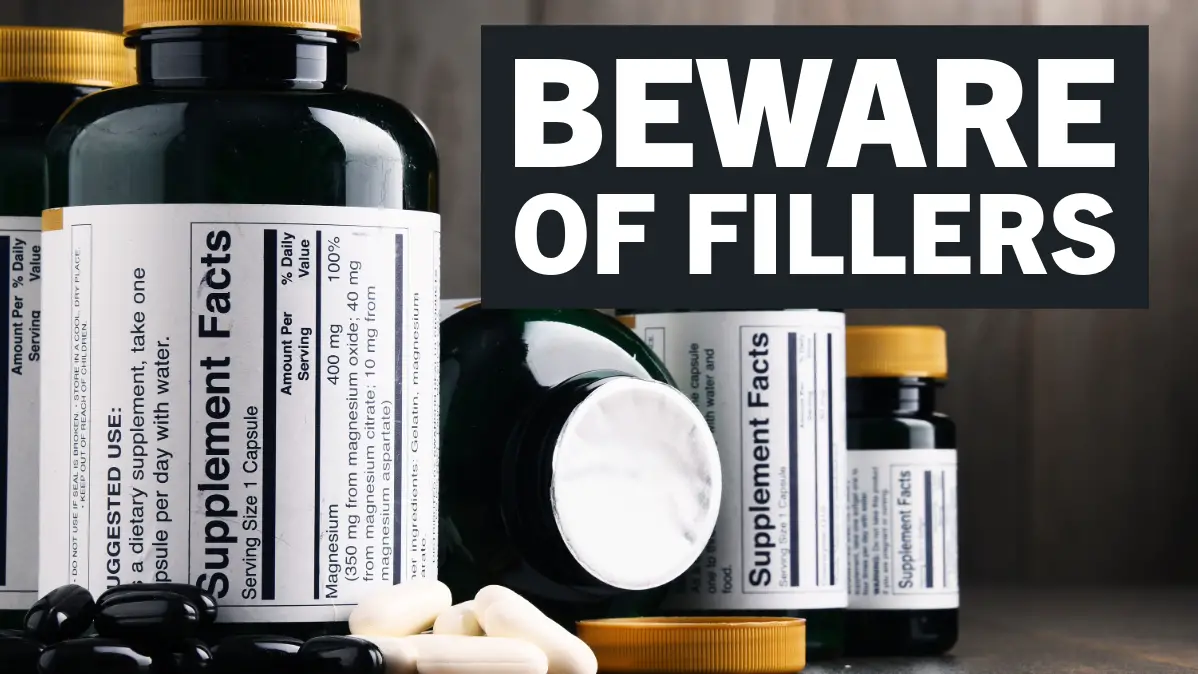 NutritionFebruary 6, 2024What Are Fillers in Supplements? – Unveiling Inactive Ingredients
NutritionFebruary 6, 2024What Are Fillers in Supplements? – Unveiling Inactive Ingredients FitnessAugust 23, 2023Best Post-Workout Foods: Great Ideas for Recovery and Results
FitnessAugust 23, 2023Best Post-Workout Foods: Great Ideas for Recovery and Results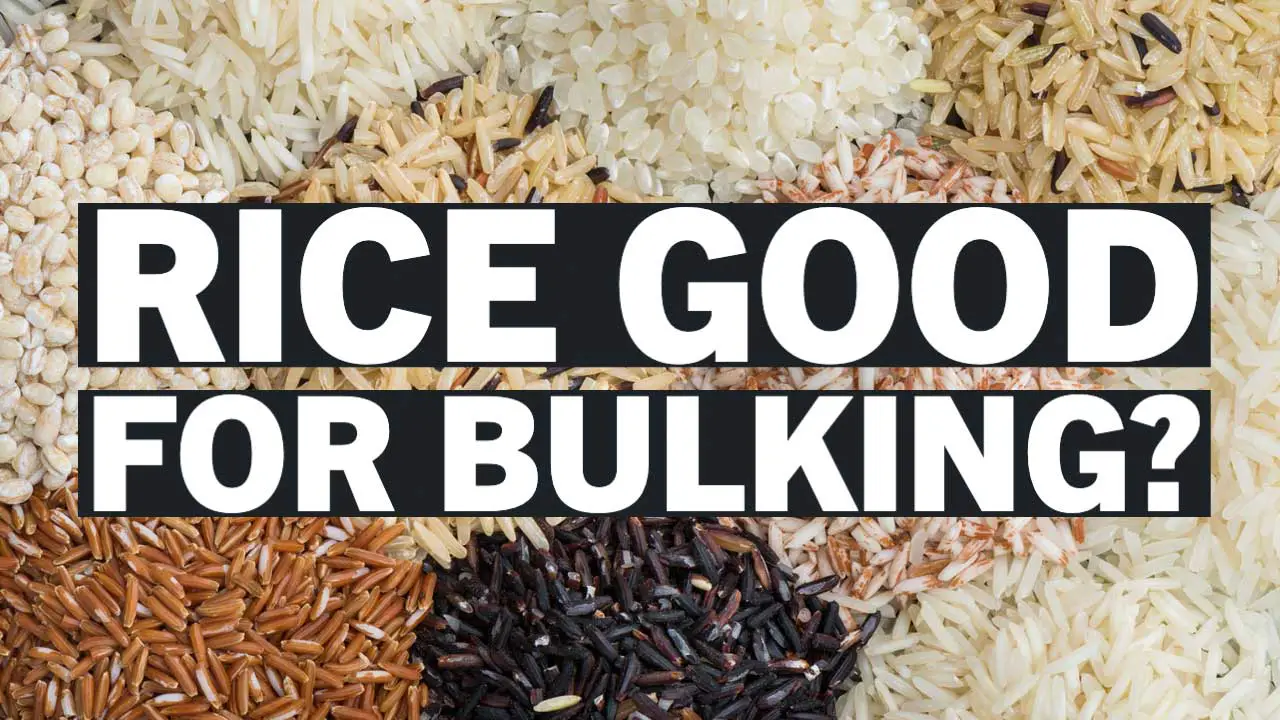 BulkingJuly 26, 2023Is Rice Good for Bulking? Unveiling the Truth
BulkingJuly 26, 2023Is Rice Good for Bulking? Unveiling the Truth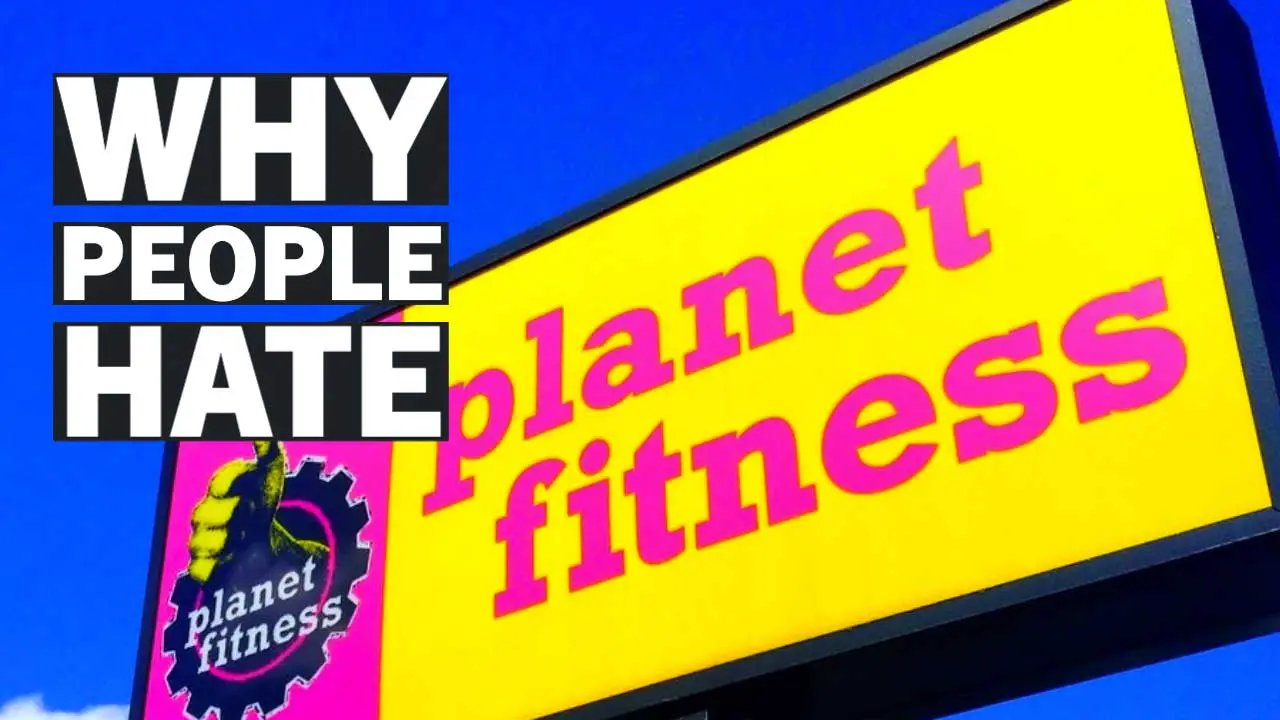 CultureJuly 15, 2023Why Do People Hate Planet Fitness? Read This Before You Join!
CultureJuly 15, 2023Why Do People Hate Planet Fitness? Read This Before You Join!
Affiliates:
This post may contain affiliate links that at no additional cost to you, the site may earn a small commission. We only recommend products we would use ourselves and all opinions expressed on this site are our own.
General Advice:
The information provided in this article is for general informational purposes only. It is not intended as a substitute for professional advice. Always consult with a qualified healthcare professional before starting any new diet, exercise program, or making changes to your health routine.
Accuracy Advice:
While we strive to provide up-to-date and accurate information, the content in this article may not reflect the most current research or medical guidelines. We encourage readers to do further research and consult with professionals for more personalized advice.
Our Recommendations:
The products and services mentioned in any of our articles are recommended based on our independent research and personal experience. We are not sponsored by any company. We aim to suggest products and services we believe are of high quality and could be beneficial to our readers.




